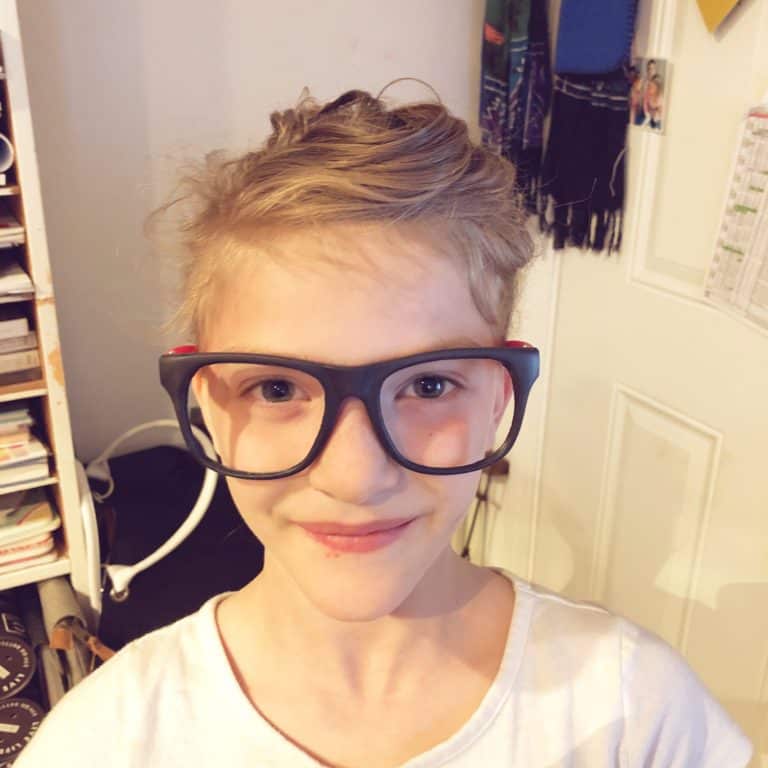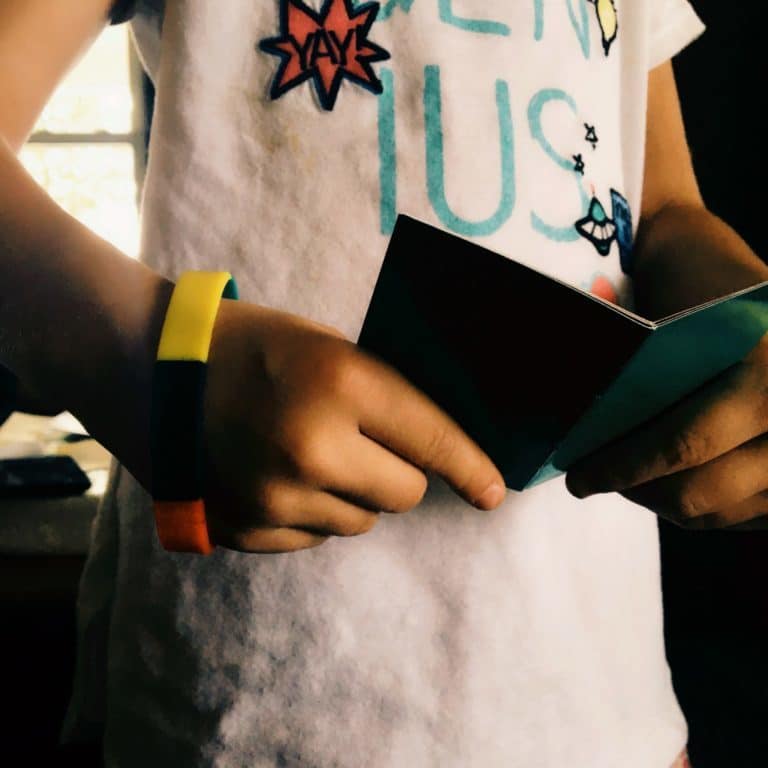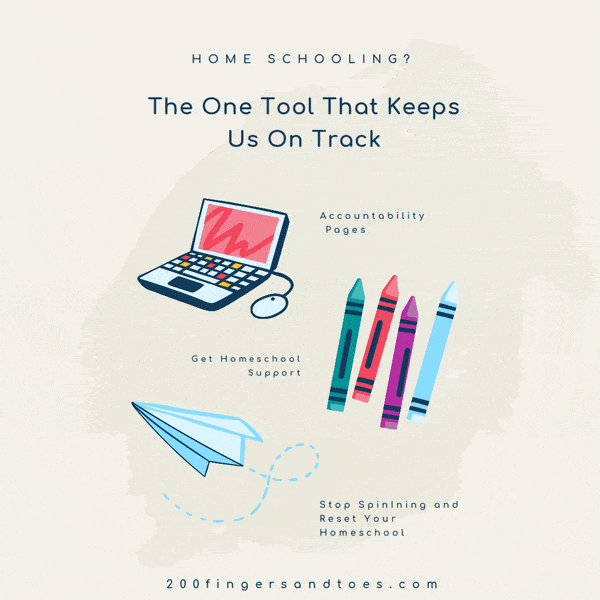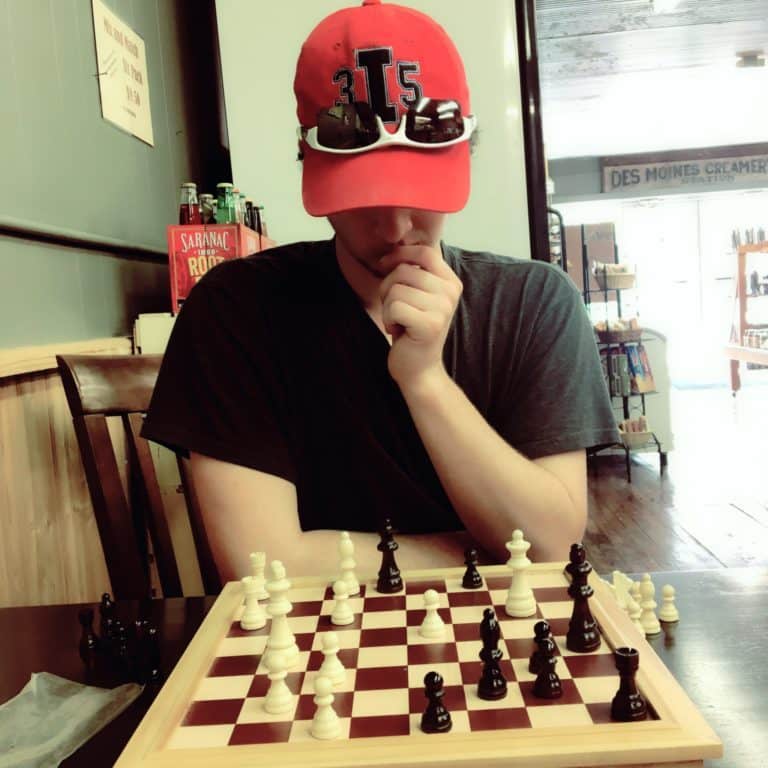Best Homeschool Habits for Developing Accountability in Early Elementary
We may earn money or products from the companies mentioned in this review or post, but all opinions are our own.
How do you keep your children moving forward in their school work?
Ideally you would begin to establish elementary student accountability before school even starts. Elementary student accountability can begin with growing independent work skills. It takes a lifetime to become a well rounded and functional adult, but supportive instruction can go a long way in teaching your child to think for themselves and make great choices each day.
Helping your children become accountable will actually ask a great deal from you. Teaching the elementary student accountability begins with the parent.
We have to do our part by being prepared, having your materials on hand and organized. Write and maintain a schedule of expected school work and assignments. Communicate these in a regular meeting time. Being prepared does not have to take all week.
Know yourself.
If you are a planner, schedule some time each weekend to build a clear plan for the next week. I am not a planner. Knowing myself means purchasing a curriculum that does ALL the planning for me. I help execute the plan. Get the tools you need to help you be the most prepared for the week as possible. You children can not be held accountable for work of you can’t clearly give assignments or are inconsistent about deadlines.
With the right tools and scheduled planning time, you will fall into a pattern.
You are never too far behind to teach your child skills. Take heart, many adults have learned the skills they need to be successful in life after they are grown. You might find that there are areas that you need to learn right along with your kids. After twenty years of homeschooling, I can confirm that this is a great deal of the homeschool experience.
I will share what habits and tasks taught our elementary accountability well with our family from the beginning.
If you have teens, stay with me because the same patterns apply. It is much easier to make the transition if the foundation is laid early, but not impossible to build at any time. If you’re reading this, you care about helping your child be successful and I will give you all the tips I can to help.
For your elementary students…
Create clear routines to follow
Children thrive with patterns, because they know what to expect. We use the early years to develop good habits. Personal hygiene, stewardship of property, and attention to their surroundings are all vital to academic success.
Really, is brushing their teeth going to help my child with spelling?
The purpose of these personal care tasks is developing the sense of what is expected of them each day and transferring the responsibility of those things to the child as they develop. For young children, that could be the simple task of brushing their teeth when they get up.
We made a simple sign for the wall at the bottom of the stairs.
The sign listed tasks the kids are responsible to complete BEFORE coming downstairs. Often, if these tasks didn’t get done before we started the day, they didn’t get done at all.
To solve this problem, we made a sign…
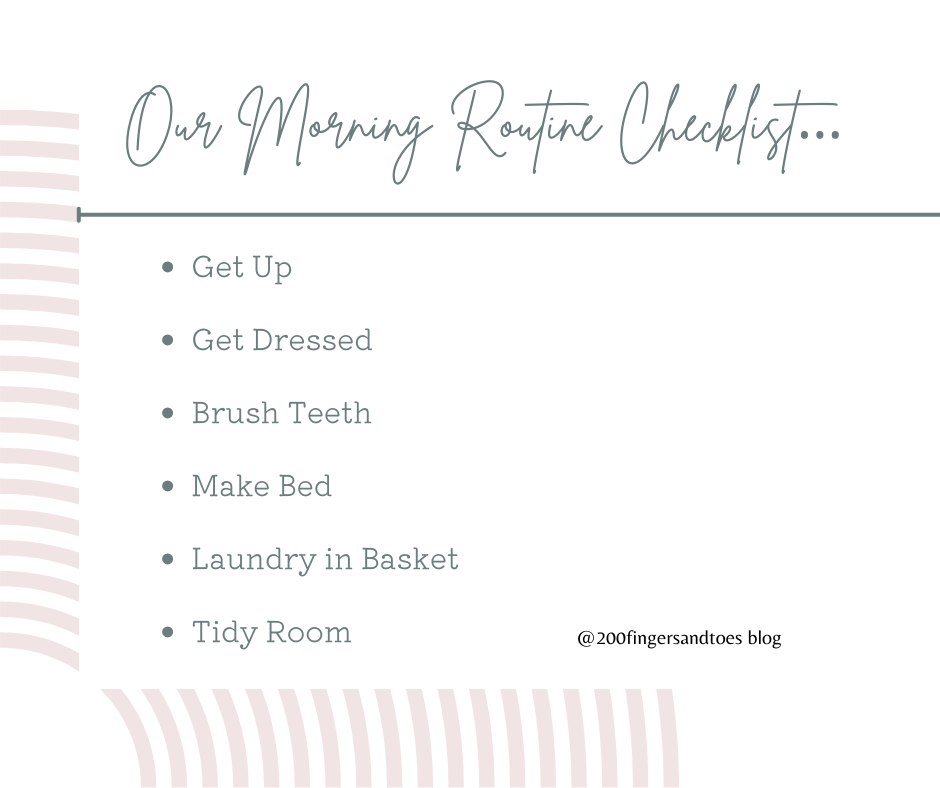
Create Expectations for the Stewardship of Property
Clothes go in the hamper! Dishes in the sink!
Not only will your life be easier if your child learns this skill, but they will carry this self awareness into adulthood. Self awareness begins in childhood. As your child develops a sense of separateness from you, their parents, they also begin to learn about their connection to the world around them. They discover that they have an effect on the spaces they inhabit.
This is a very hard lesson to learn if you (the parent) keep picking up after them.
You are a vital agent in helping your child see their interactions with their environment. When they make a mess, you can help them a great deal by assisting them in cleaning it up. Give great, clear instructions. Do it cheerfully. The attitude you model while carrying out these tasks, is the pattern your child will repeat.
Lead By Example
For years, I helped clean up the playroom at the end of the day. I would hand each child a bucket of bin and ask them to gather the corresponding toys. It would have been much faster to sweep in and tidy myself, but I knew there was a longer game being played out in the chaotic jumble of toys.
I didn’t want to be cleaning the playroom, or their bed rooms for that matter, for the rest of my life. This clean up time was a training practice. I was teaching them how to break up the task of cleaning up a cluttered space. By giving them the skills to navigate the playroom, they are able to clean their own room and now as adults their own homes.
Break Large Tasks into Steps
Help your elementary students learn to follow up on larger tasks, by breaking these tasks down into steps. Cleaning up the school room can be a daunting task. Whereas, gathering your workbooks when school is done is a task that can add up to a clean school room. Give your elementary student bite sized tasks.
When you introduce a chore, go over every step it takes to get the chore done.
We start with what DONE looks like, so your kids know what you expect. Begin with a clean room, bathroom, kitchen and show what part they have in keeping it that way. Simple tasks, like clothes in hamper, dishes on the counter of in the dishwasher as great starts to building accountability.
We had a mud room that was a disaster area. No matter how much I nagged the kids to put things away, it didn’t get any better. One day I took a picture of the room with all of the coats hung up and the shoes in order. I printed the pictures and hung them over the coat and shoe area. It wasn’t perfect, but there was a big improvement when they could SEE what the space should look like.
Help your child to meet your expectations by showing them what you expect clearly, step by step. These are the formative years for learning life skills we as adults can take for granted.
Self Direction in the Elementary Homeschool
Personal tasks are the best way to help your child develop responsibility. As the parent, you are teaching the majority of the homeschool material in the early years. You should be playing a very hands-on role to nurture confidence and to be able to make corrections on foundational skills.
So where can you child learn to be responsible without your oversite?
One way to develop independence and accountability in elementary students is to keep a list of things your child can do when you are occupied.
Print the list in large letters and put it in a sheet protector or laminate it. I have also slid this sheet into the front cover of our daily work binder. Develop the habit of referring to the list when your child does not know what to do next. By doing this, you transfer the answering of the question to the schedule and not “you.”
Choices for Your Elementary Age Child
- Independent Reading
- Handwriting
- Online Learning Games (Reading Eggs, Brilliant, Phonics Museum)
- Craft Kits (Kiwi, CodeWizard, CrateJoy…)
- Kumon Skill Learning Workbooks
- Sonlight History Kit Activities
- Poetry Books
- Mini-Games
Establish What to Do When You’re Unavailable
Let your child know that if they reach a stopping place in their work and you are not available to meet with them for instruction time right away, they should do one of the listed activities. This helps your child in several ways. First, they learn to manage their productive time by continuing to work during school hours. Secondly, they also develop autonomy, by choosing what activities they want to do from the list. Allowing them to choose helps to give your child a feeling of contributing to their homeschool day.
By setting clear expectations for them, you will help them move from one task to another with confidence. It can be hard to identify the level of instructions you child needs to do a task independently, but assume it is way more than you think. Being clear with instructions helps you in the long run.
Don’t Let Your Child Guess about What to Do Next
Getting frustrated with a child who has had to guess what to do next, breaks down trust and causes them to choose inaction over being wrong. I had a student that tested my patience in our homeschool. Every time I spent time instructing another student, he would disappear. As I looked deeper, I acknowledged that I had a lot to do with the problem. He didn’t have instructions for what to do when he was done and i was not ready to help him. Much of my search for mini-games and craft kits was for him. Giving him choices and clear instructions about what to do next helped him move forward throughout the school day.
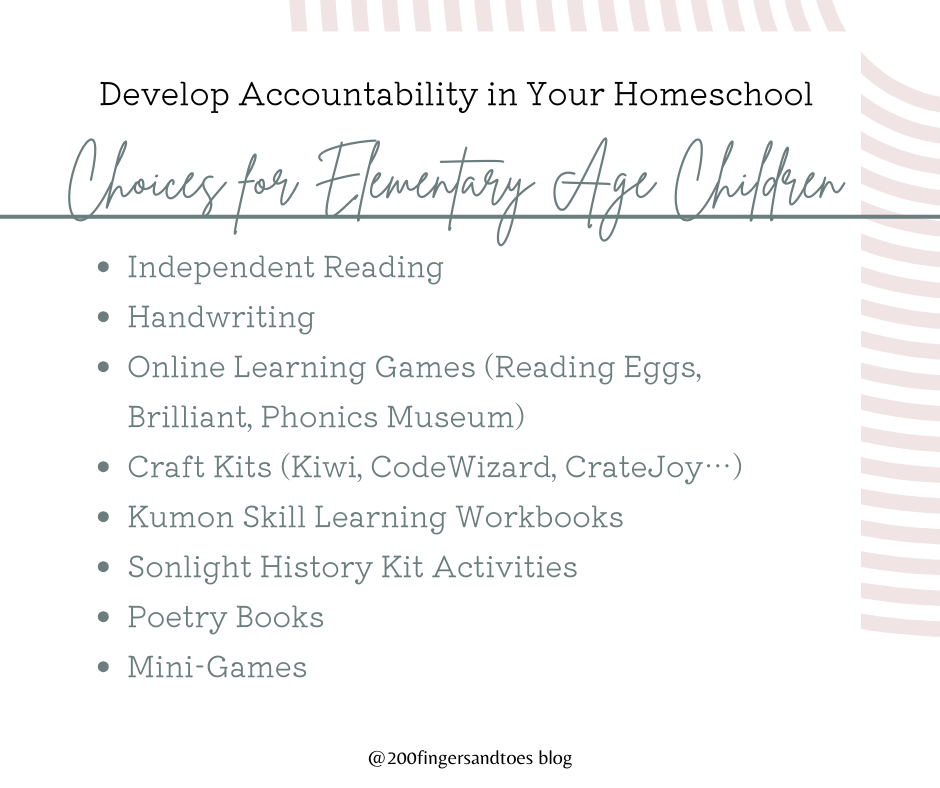
Find Ways to Create the WIN for All of You
Made your day a good day. One habit I have created is to look for ways to have a “win” every school day. Adding things you know your child will love is a great way to add this element into your school day. Other ideas can be ending school early, especially when you see the day is stretching everyone’s patience or choosing to spend school time on a favorite elective.
Building relationships is the underlying thread of our homeschool. We try to include learning through play as a major part of early elementary school. Including games, imagination and manipulatives help you connect in homeschool time and give you more chances to smile at your child.
Smile every day. It seems like a simple instruction, but it is a good practice. School days can be hard sometimes, but teaching your child these accountability builders will be worth it in the long run.


